Skeleton hand and legs — Illustration
L
2000 × 2000JPG6.67 × 6.67" • 300 dpiStandard License
XL
4096 × 4096JPG13.65 × 13.65" • 300 dpiStandard License
super
8192 × 8192JPG27.31 × 27.31" • 300 dpiStandard License
EL
4096 × 4096JPG13.65 × 13.65" • 300 dpiExtended License
The humerus and the femur are corresponding bones of the arms and legs, respectively.
— Illustration by sciencepics- Authorsciencepics

- 66251685
- Find Similar Images
- 4.5
Stock Illustration Keywords:
Same Series:


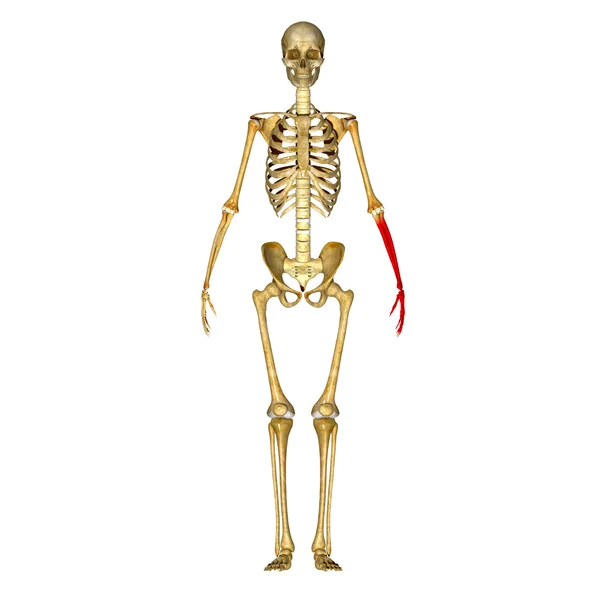

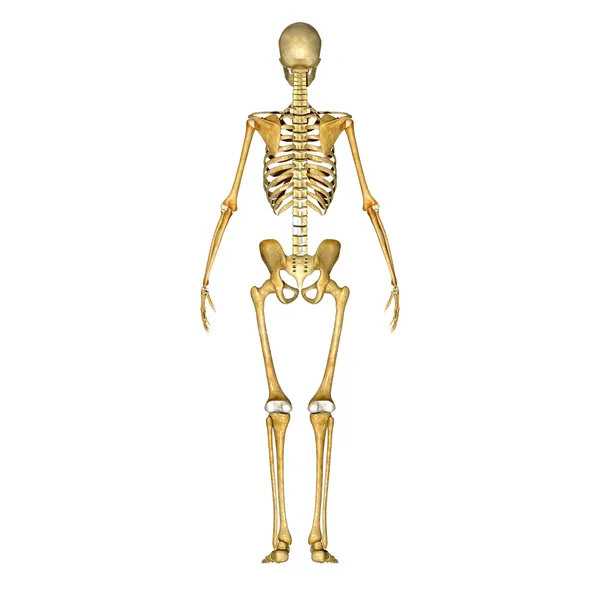




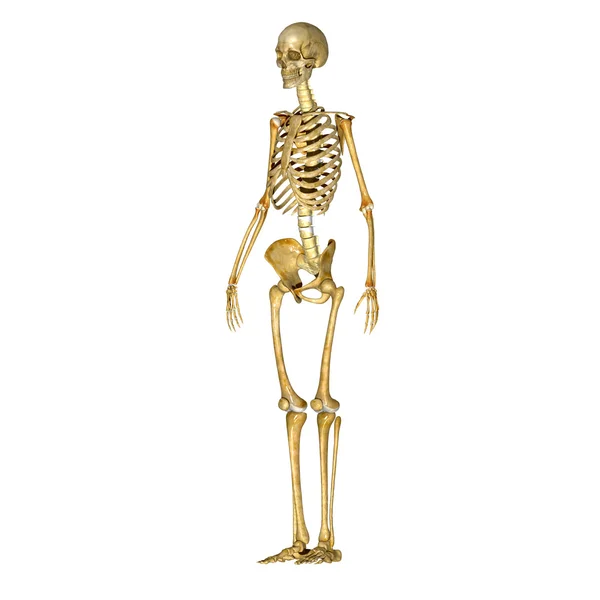
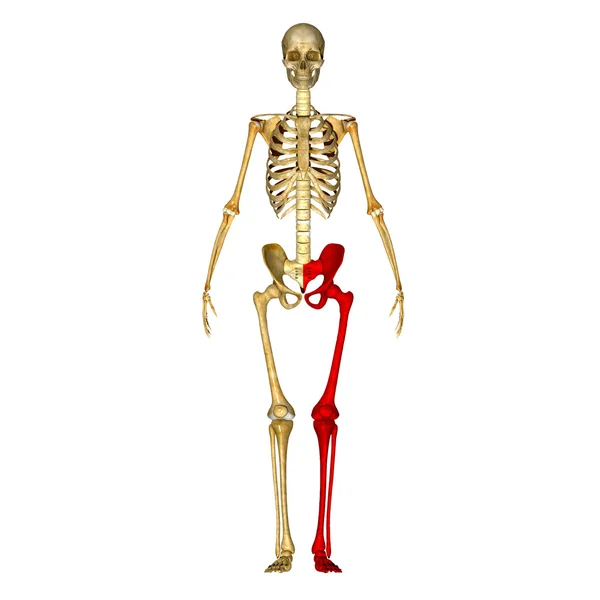
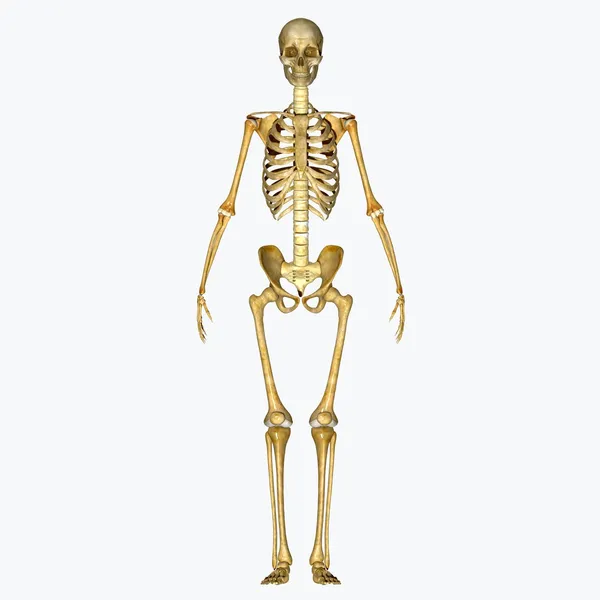
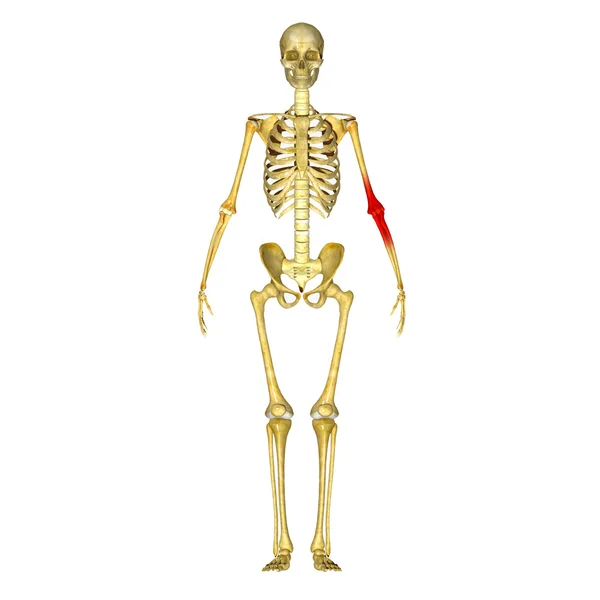
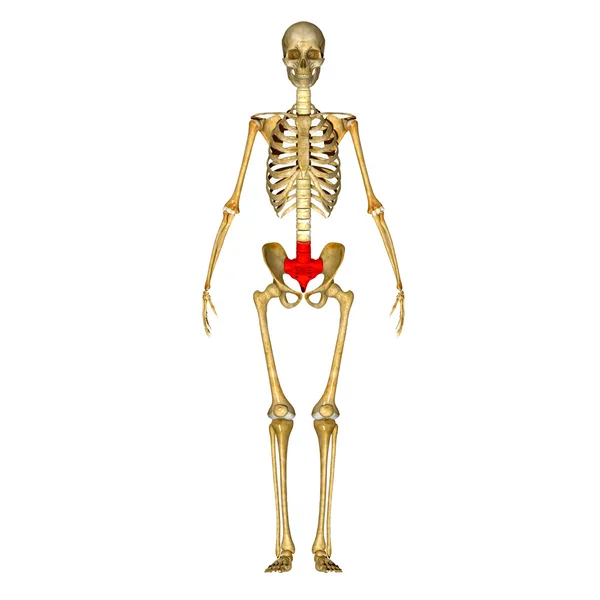
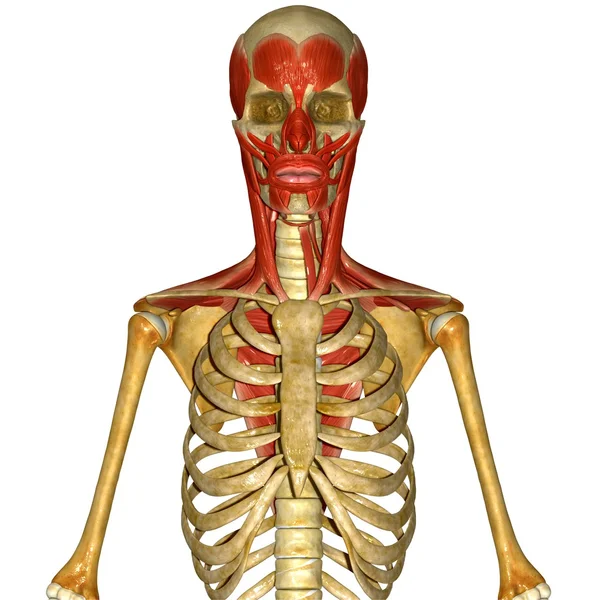
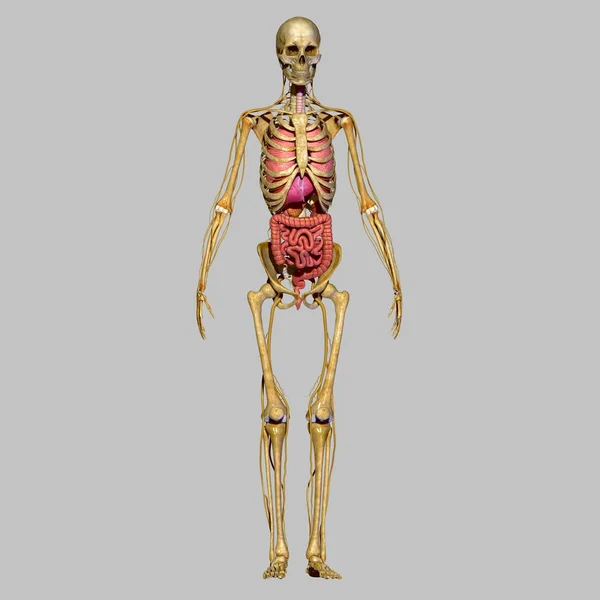
Similar Stock Videos:

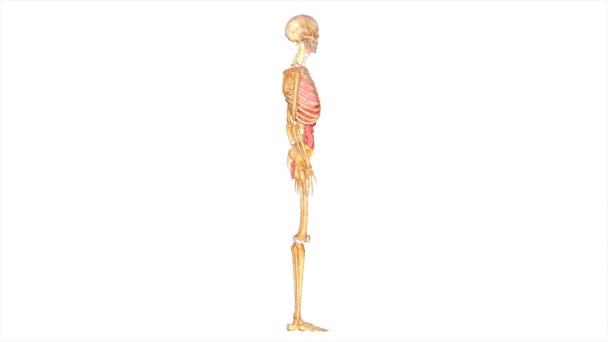
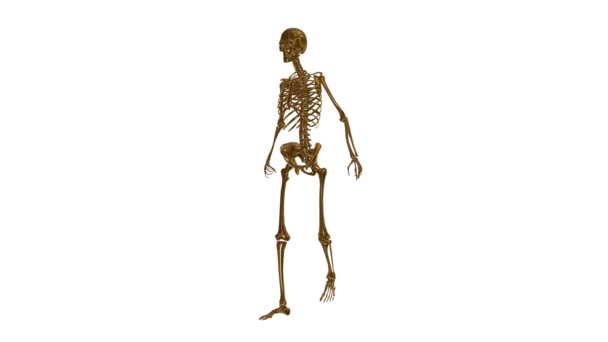
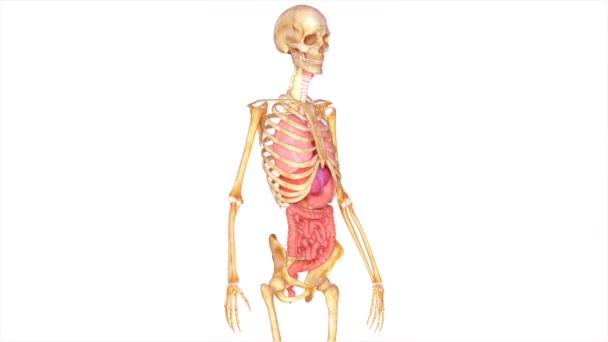
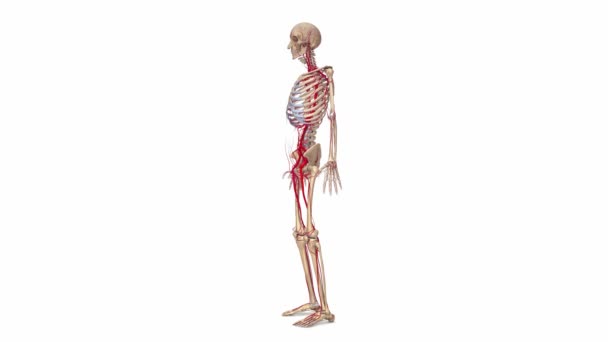


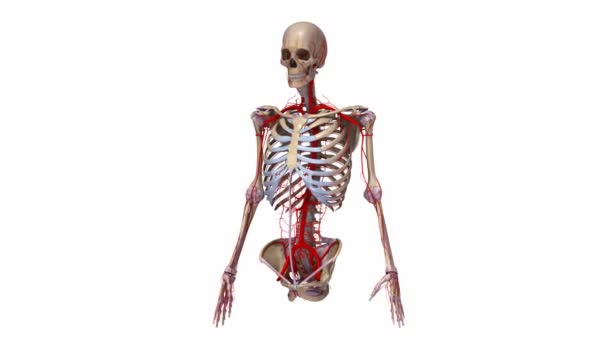
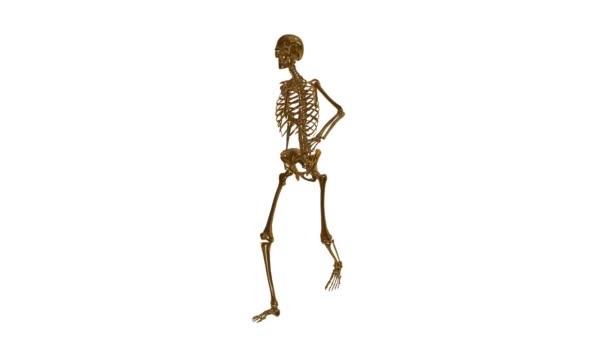

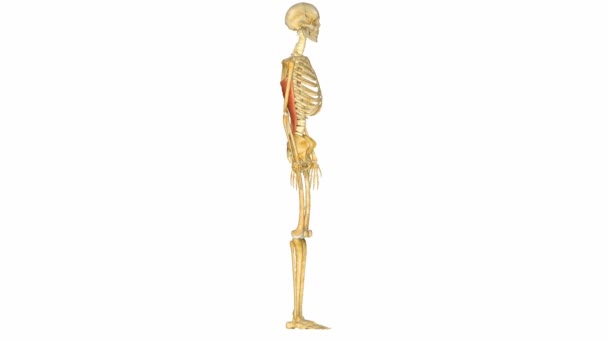



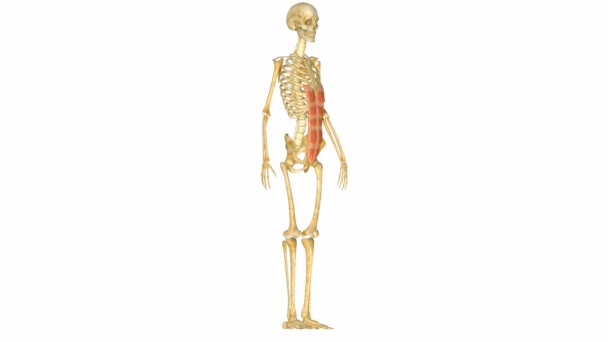

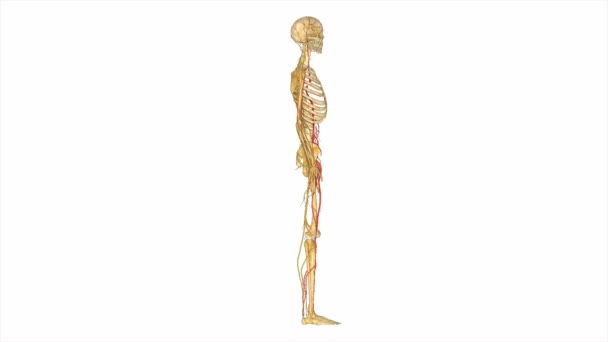
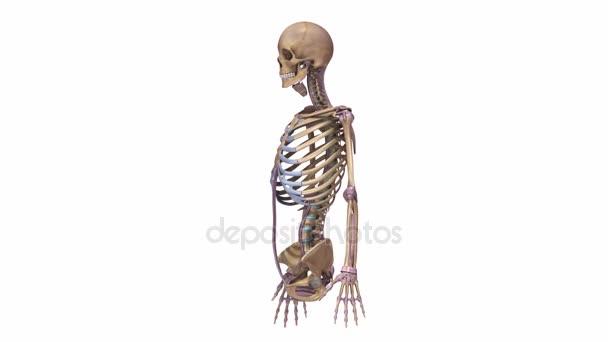
Usage Information
You can use this royalty-free illustration "Skeleton hand and legs" for personal and commercial purposes according to the Standard or Extended License. The Standard License covers most use cases, including advertising, UI designs, and product packaging, and allows up to 500,000 print copies. The Extended License permits all use cases under the Standard License with unlimited print rights and allows you to use the downloaded stock illustrations for merchandise, product resale, or free distribution.
You can buy this illustration and download it in high resolution up to 4096x4096. Upload Date: Mar 2, 2015
